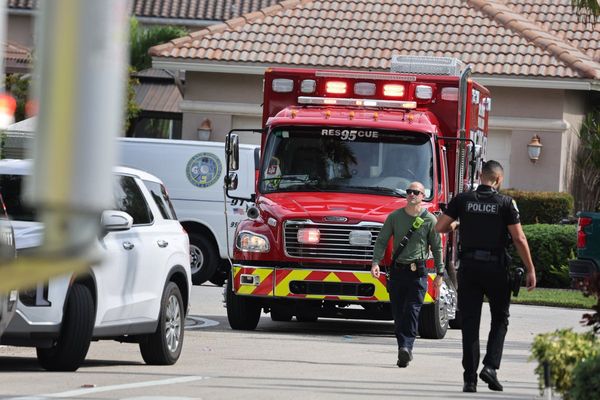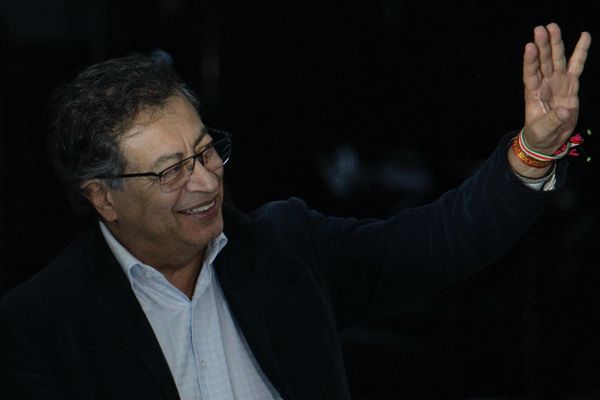
An unsung heroine who helped save the lives of hundreds of scholars seeking refuge from Nazi-occupied Europe is to be celebrated with a blue plaque in her home city of Leeds.
Esther Simpson was, from 1933, the assistant secretary to a charitable British organisation called the Academic Assistance Council (AAC).
At first glance it does not sound like the most important job in the world. But because of Simpson, it was momentous.
“It is no exaggeration to say that without Esther’s work … the way the world has changed, it would have changed in a different way,” said Martin Hamilton, the director of Leeds Civic Trust, which is responsible for the plaque.
It is being unveiled on Tuesday at the opening of a new building at the University of Leeds named in her honour. She joins more than 180 people and places celebrated with a plaque in the city over the last 35 years.
Simpson was born in Leeds and studied modern languages at the university. She was not the head of the charity, but she was the one who did the work.
“She was the engine behind the whole thing,” said Hamilton. “She was responsible for dealing with all the applications for people to go to safety and she made the decisions. Esther Simpson was making life or death decisions every day of the week, working very long hours.”
Simpson said the work she did was the academic equivalent of the kindertransport programme. Among the hundreds of people she helped save were leading academics who achieved the highest honours, including 16 Nobel prize winners.
Known as “Esther’s children”, they included the architectural historian Nikolaus Pevsner and the philosopher Karl Popper.
Another was Ludwig Guttman, a neurologist who established the Stoke Mandeville Games, the forerunner of the Paralympics.
Hamilton wonders whether the Paralympics would have become the major event they are today without Esther Simpson. “There are lots of things like that, and then you’ve got to think of the children of the people she saved as well. When you think of the impact she had, you’re talking thousands of people,” he said.
Other academics she helped relocate to Britain were the historian Victor Ehrenberg, the father of Tudor historian Geoffrey Elton and physicist and educationalist Lewis Elton, father of the comedian Ben Elton.
Another is the grandfather of Stephen Reicher, a psychologist who is a member of the Sage subcommittee advising on behavioural science. Reicher said he would not be here without the AAC and Esther Simpson.
“That is why support for Scholars at Risk is so important to me and why, right now we need to build support through Cara – the successor to the AAC – for our colleagues around the world, in Syria, in Afghanistan and of course in Ukraine, and not forgetting those brave Russian colleagues who have come out to condemn Putin’s war,” he said.
Another example of unsung women being belatedly honoured took place at the Royal Oldham hospital on Monday.
A plaque was unveiled celebrating the achievements of two nurses who played pivotal roles in the birth of the first IVF baby, Louise Brown.
Sister Muriel Harris and Jean Purdy, a nurse embryologist, did not have their names engraved on the original plaque more than 40 years ago and Monday’s event was about correcting “this historic injustice”.







